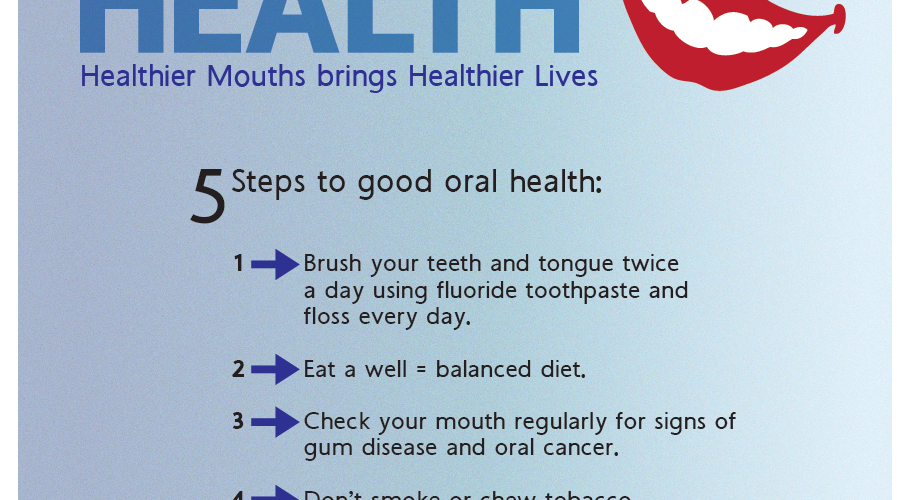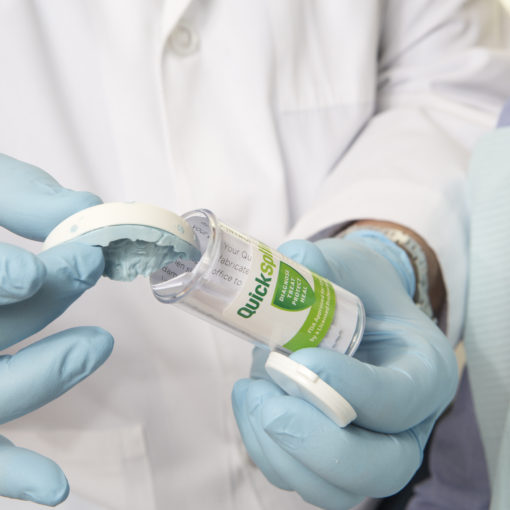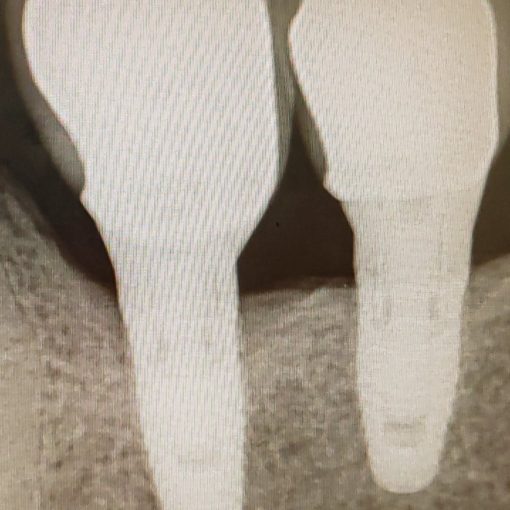MAKING THE MOST OF YOUR DENTAL APPOINTMENTS
Show up on time, or even better show up early to allow enough time to park, walk into the office, to check in, do any paperwork or make a payment. Please call if you’re running late, to see if it’s still worth making your dental appointment or if it’s better to reschedule. The appointment time starts at the time given for the appointment, it doesn’t start when you show up.
You should be asked at least two common questions at the beginning of your appointment—be prepared for them.
Attend your appointments alone, no children, friends, family members—unless they’re needed for the benefit of your treatment. They are all distractions, plus stuffing more people in a small operatory can be too cozy. Sit in the chair directly, rather than standing around it or sitting with your legs to the side. Make yourself at home and get ready for a cleaning, don’t putter around making one last text or phone call or turning your phone sound down or off. That should all be done before hand.
If you wear hearing aids , please wear them. That way everyone in the office doesn’t have to hear our conversation with medical history or dental issues. We may offer important information for your health and it would be nice to hear it.
Use the restroom ahead of time.
Open the mouth and stay open. That’s your only responsibility. Plenty of times patients will day dream or think of other things and their mouth keeps closing. Then we’re constantly saying, “please open” or “open more”.
Have good homecare with brushing and flossing. Keep the plaque at a minimum on a daily basis, so you won’t have to sit in the chair even longer. The more plaque that needs to be cleaned the longer you’ll be in the dental chair. Most patients want as little time in the chair as possible.
Mentally prep your mind, if needed, to prevent less breaks throughout the cleaning.
Be ready to ask all your questions. Usually your concerns or questions expressed to your hygienist are forwarded to the dentist, before the dentist performs the exam. But, if you’d rather tell the dentist yourself, that’s fine to express. Especially if it’s complicated or long and just want to repeat the issue once.
I hate saying this part because I really enjoy visiting with the patients, but limit the conversation, especially if you were late to your appointment.
Just keep in mind the dental schedule is driven by the clock so the smoother the patient and dental staff correlate, the more efficient and productive the appointment will be.





